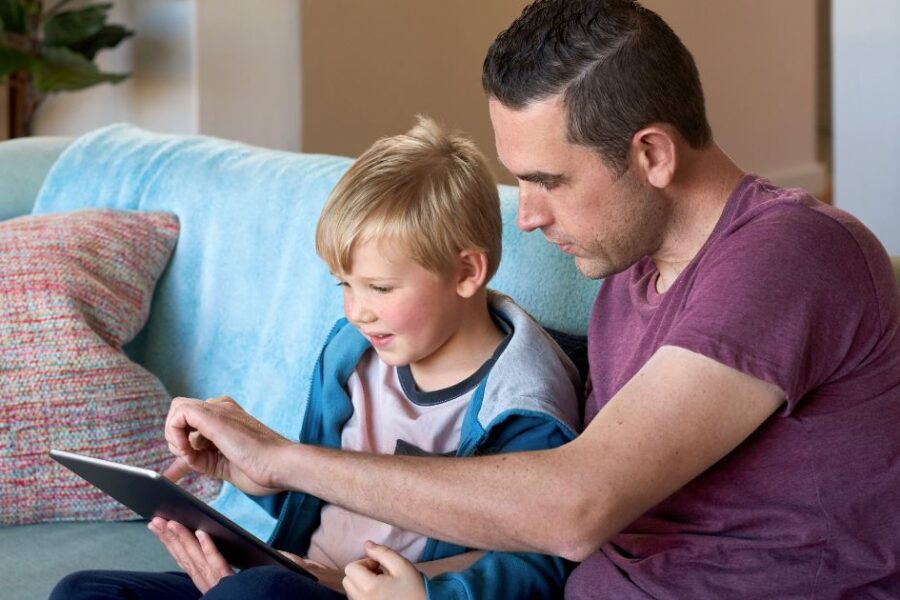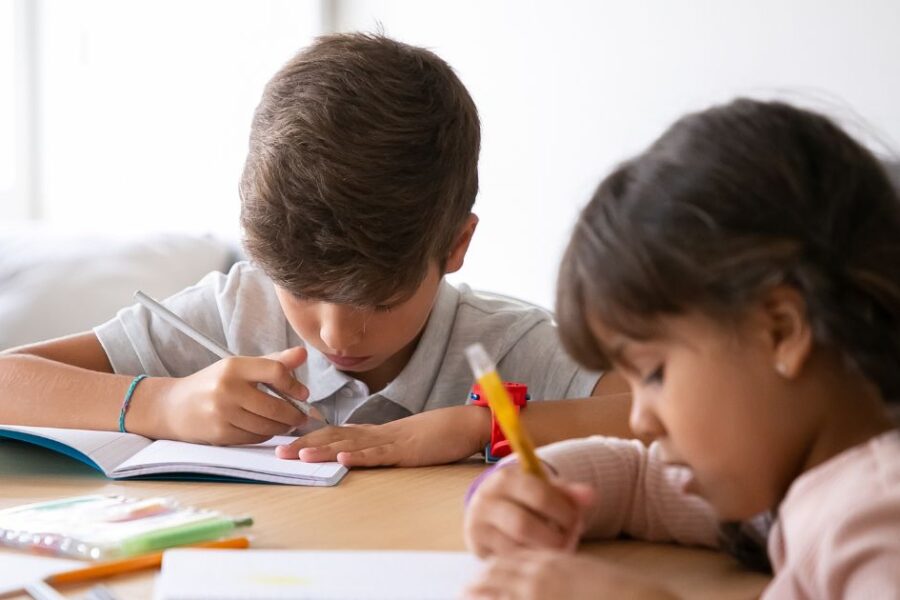Parenting is a journey filled with challenges, and maintaining a calm and nurturing environment is essential for a child’s healthy development. While it’s natural for parents to feel frustrated at times, yelling at children can have long-lasting effects on their emotional well-being and overall growth. In this blog post, we’ll explore the impact of yelling on children’s development, backed by insights from research and psychological studies.
1. Emotional Impact:
Numerous studies have shown that yelling and harsh parenting can lead to negative emotional consequences for children. Yelling can create feelings of fear, anxiety, and insecurity, impacting their self-esteem and emotional resilience.
2. Cognitive Development:
Research indicates that children exposed to chronic yelling may experience cognitive setbacks. They may struggle with attention, concentration, and problem-solving due to the stress-induced disruptions in their developing brain.
3. Behavioral Patterns:
Studies suggest a link between harsh parenting, including yelling, and the development of aggressive and disobedient behavior in children. Yelling can model inappropriate ways of handling conflicts and emotions.
4. Communication Skills:
Yelling can hinder the development of effective communication skills. Children exposed to yelling may struggle to express themselves calmly and listen attentively, affecting their interpersonal relationships.
5. Stress Response:
Scientific research highlights that yelling triggers a stress response in children, leading to increased cortisol levels. Chronic exposure to high stress levels can have detrimental effects on their physical and mental health.
6. Trust and Bonding:
Psychological studies emphasize the importance of a secure parent-child bond for healthy development. Yelling erodes trust and can damage the parent-child relationship, impacting their sense of security and attachment.
7. Long-Term Emotional Effects:
Longitudinal studies suggest that the effects of yelling can extend into adulthood. Individuals who were exposed to chronic yelling as children may experience higher levels of anxiety, depression, and difficulty managing stress.
8. Modeling Behavior:
Children often imitate their parents’ behaviors. Yelling can teach them that anger and aggression are acceptable ways to handle emotions, influencing their own behavior in the future.
9. Alternatives to Yelling:
Research-based alternatives to yelling include positive reinforcement, effective communication, setting clear boundaries, and providing consistent consequences for negative behavior.
10. Creating a Positive Environment:
Studies show that creating a nurturing and respectful environment enhances children’s development. Practicing active listening, patience, and empathy contributes to their emotional well-being and overall growth.
In conclusion, scientific research underscores the detrimental effects of yelling on children’s development. By understanding the impact of yelling and choosing alternative parenting strategies, parents can create a supportive and positive environment for their children to thrive emotionally, cognitively, and behaviorally. Nurturing healthy communication, fostering emotional intelligence, and modeling appropriate ways of handling stress and conflicts empower children to grow into confident and resilient individuals with a strong foundation for a successful future.









Leave a Comment